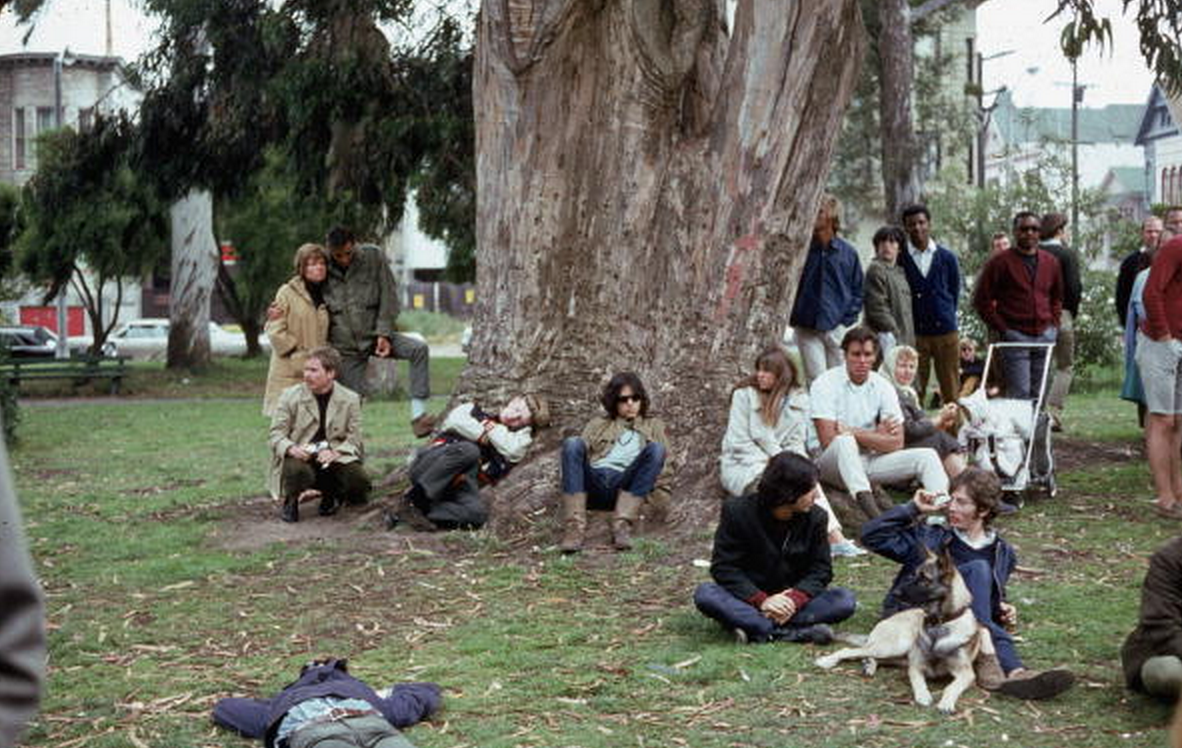Listen to this episode on Apple Podcasts.
Charles Manson became convinced his best chance at rock stardom was impressing Terry Melcher, a record executive who had made stars out of The Byrds, and who was also the son of one of old Hollywood's most wholesome, carefree Establishment stars, Doris Day. Terry and his girlfriend, Candice Bergen, had long lived at 10050 Cielo Drive, and sublet the house to Roman Polanski and Sharon Tate months before the murders.
Show Notes:
The base list of sources for this series can be found here.
If there is a good Doris Day biography, other than her autobiography (which I have on order, but it hadn’t arrived by the time I had to make this episode), I couldn’t find it. I consulted two books,Considering Doris Day by Tom Santopietro and Doris Day: A Reluctant Star, both of which I found to have problems. Day deserves a serious book; I hope she someday gets one.
The other woman at the center of this episode, Candice Bergen, has written two autobiographies. I based a large portion of this episode on her first memoir, Knock Wood, published in 1984.
Other sources for this episode:
“1969: Film star stabbed in ‘ritualistic’ killings” http://news.bbc.co.uk/onthisday/hi/dates/stories/august/9/newsid_2998000/2998214.stm
Sly Stone interview on Doris Dayhttp://www.laweekly.com/music/sly-stone-interviewed-on-kcrw-discusses-doris-day-terry-melcher-charles-manson-and-que-sera-sera-2411278
Episode Breakdown:
Intro: “Album Tag Song” by Dennis Wilson/Modern Heavy Rock Guitar Top Line royalty free loop/Delay Guitar royalty free loop
The Golden Penetrators: Mouse Trap by Apache Tomcat
Doris Day’s marriage to Al Jourdan/parallels to New York New York/Jourdan’s abuse/Doris Day’s first screen test for Michael Curtiz/Day’s rise to fame and “perpetual virgin” persona/Pillow Talk: Easy Listening in Jazz royalty free track
Terry Melcher’s early life as surf rocker/selling song titles to Bobby Darin/Recording The Byrds: “Somewhere in My Mind” by Apache Tomcat
Terry Melcher’s relationship with Candice Bergen/Bergen as celebutante, second-rate Julie Christie and bridge between Establishment jet set and hippies: Also “Somewhere in My Mind” by Apache Tomcat, but a different part of the song
Terry Melcher and Candice Bergen as rich hippies/Melcher’s first visit to Spahn Ranch/Melcher sleeping with Manson girl/Manson as chameleon: “If I Can’t Dance It’s Not My Revolution” by Quantum Jazz
Terry wouldn’t let Manson in his house: “For Better or Worse” by Kai Engel
Sly Stone story: “Que Sera Sera” recorded by Sly and the Family Stone
Marty Melcher dies, leaving Doris Day destitute: “Divider” by Chris Zabriskie
Terry Melcher moves out of Cielo Drive, goes off the radar: “Crazy Reggae FX Guitar” royalty free loop
Creepy-crawls(i.e.: Manson family home invasions): “Gagool” by Kevin MacLeod
Helter Skelter put on hold to prepare for Terry Melcher’s visit to Spahn Ranch: “Au coin de la rue” by Marco Raaphorst
How dare Terry Melcher stand Charlie Manson up: “Devastation and Revenge” by Kevin MacLeod
Charles Manson meets Sharon Tate/Terry finally auditions Charlie: "Blue Feather" by Kevin MacLeod
Manson wilully misinterprets Melcher’s promises: "Mellow Music Theme Instrumental" (royalty free)
Mike Deasy’s bad trip to Spahn Ranch/Randy Starr/Charlie becomes angry all the time: "Sci Fi Movie Sound Effects" royalty free loop
Manson gets dark, creepy crawls turn into robberies, Terry Melcher gets paranoid/Melcher’s testimony: "Sinister Mood Guitar Effects" royalty free loop
The Ballad of Easy Rider and Byrdmaniax/Melcher’s later life: “Decora” by Yo La Tengo
Outro: Pop Rock Rhythm royalty free loop; “Dig It” by The Beatles




